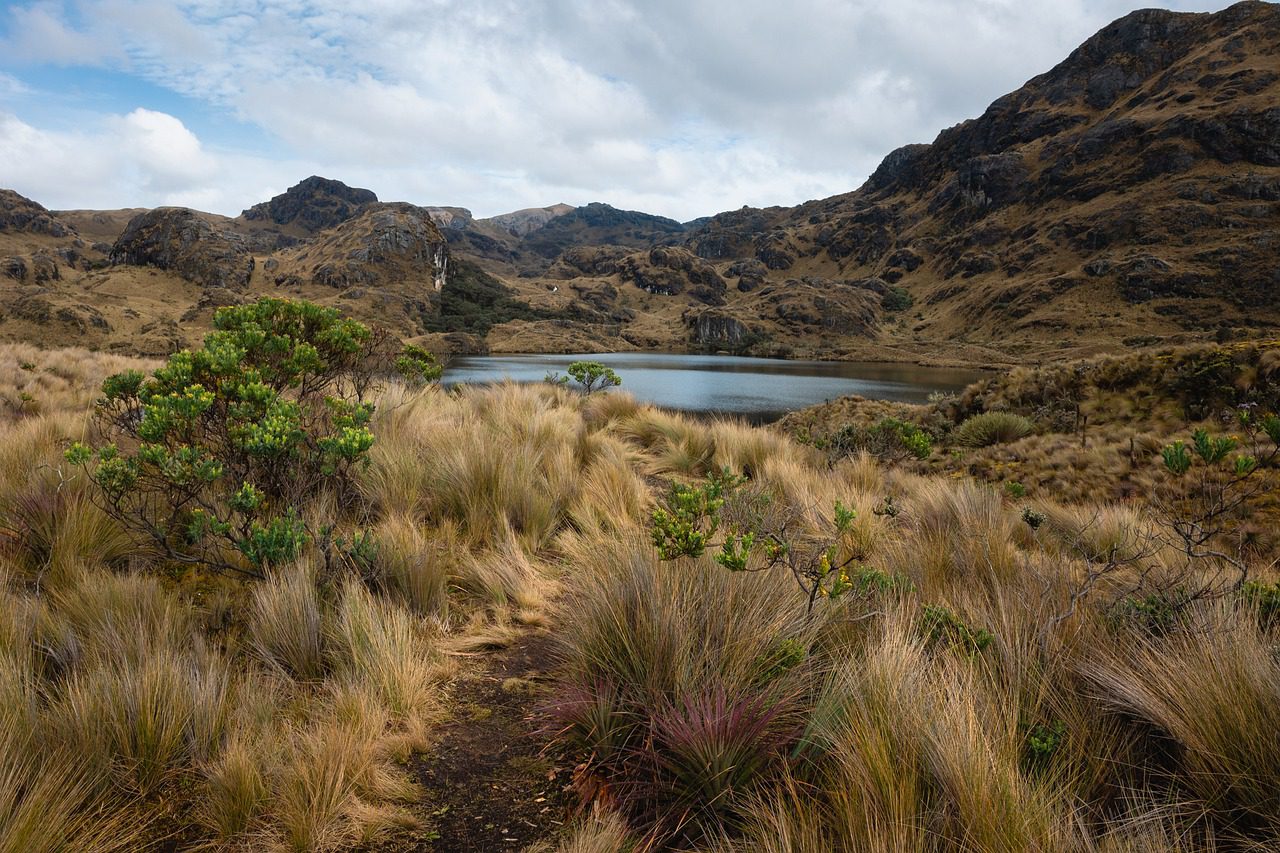March 27, 2023 – Late last year, the U.S. Environmental Protection Agency and the U.S. Department of the Army announced their final rule establishing a new definition of “waters of the United States ” (“WOTUS”).
” (“WOTUS”).
The Clean Water Act, originally enacted in 1972, aims to protect and maintain the nation’s water resources by regulating pollution discharges into surface waters. The scope of WOTUS has been a subject of debate and legal interpretation over the years, as different administrations and courts have interpreted it in many ways. Its definition has significant implications for landowners, industries, and developers, as it determines which water bodies are subject to federal jurisdiction and regulation. This includes requirements for permits, pollution controls, and other protective measures. Waters covered under WOTUS may include rivers, lakes, streams, wetlands, and other water bodies that can have a significant impact on the health of downstream navigable waters.
There are currently three lawsuits involving the definition of WOTUS  and its impact on federal environmental regulations.
and its impact on federal environmental regulations.
- Wetlands. One case, Sackett v. EPA, is still awaiting a ruling from the Supreme Court. This case focuses on whether certain wetlands are considered WOTUS.
- Enforcement Blocked. In another lawsuit, Texas and Idaho recently received a ruling from the U.S. District Court for the Southern District of Texas
 . The court blocked the enforcement of a new WOTUS definition, but only in these two states. The agencies involved, the Environmental Protection Agency and Army Corps of Engineers, were restricted from enforcing the revised rule published on January 18th. The court did not grant a request to block enforcement nationwide, as reported by the Associated Builders and Contractors.
. The court blocked the enforcement of a new WOTUS definition, but only in these two states. The agencies involved, the Environmental Protection Agency and Army Corps of Engineers, were restricted from enforcing the revised rule published on January 18th. The court did not grant a request to block enforcement nationwide, as reported by the Associated Builders and Contractors. - Overreach. 24 states are still waiting for a ruling in a joint lawsuit filed in the U.S. District Court for the District of North Dakota
 . These states argue that the EPA and the Army Corps of Engineers have overreached their legal authority by expanding control over waters already regulated by the states, according to Progressive Farmer. The states involved include Alabama, Alaska, Arkansas, Florida, Georgia, Indiana, Iowa, Kansas, Louisiana, Mississippi, Missouri, Montana, Nebraska, New Hampshire, North Dakota, Ohio, Oklahoma, South Carolina, South Dakota, Tennessee, Utah, Virginia, West Virginia and Wyoming.
. These states argue that the EPA and the Army Corps of Engineers have overreached their legal authority by expanding control over waters already regulated by the states, according to Progressive Farmer. The states involved include Alabama, Alaska, Arkansas, Florida, Georgia, Indiana, Iowa, Kansas, Louisiana, Mississippi, Missouri, Montana, Nebraska, New Hampshire, North Dakota, Ohio, Oklahoma, South Carolina, South Dakota, Tennessee, Utah, Virginia, West Virginia and Wyoming.
Farmers and ranchers say they are particularly disadvantaged by the WOTUS rule, which may extend federal regulation to stockponds or small, intermittent water flows, some of which might not even originate on their land.
Earlier this month, the U.S. House of Representatives voted to appeal portions of WOTUS that include wetlands and seasonal or ephemeral streams in a basic definition of water bodies. If the legislation limiting the scope of WOTUS is also passed by the Senate, President Biden has vowed a veto. States such as New Mexico worry about the effect of constantly changing federal regulations on their ability to regulate surface water.
on their ability to regulate surface water.


Leave a Reply